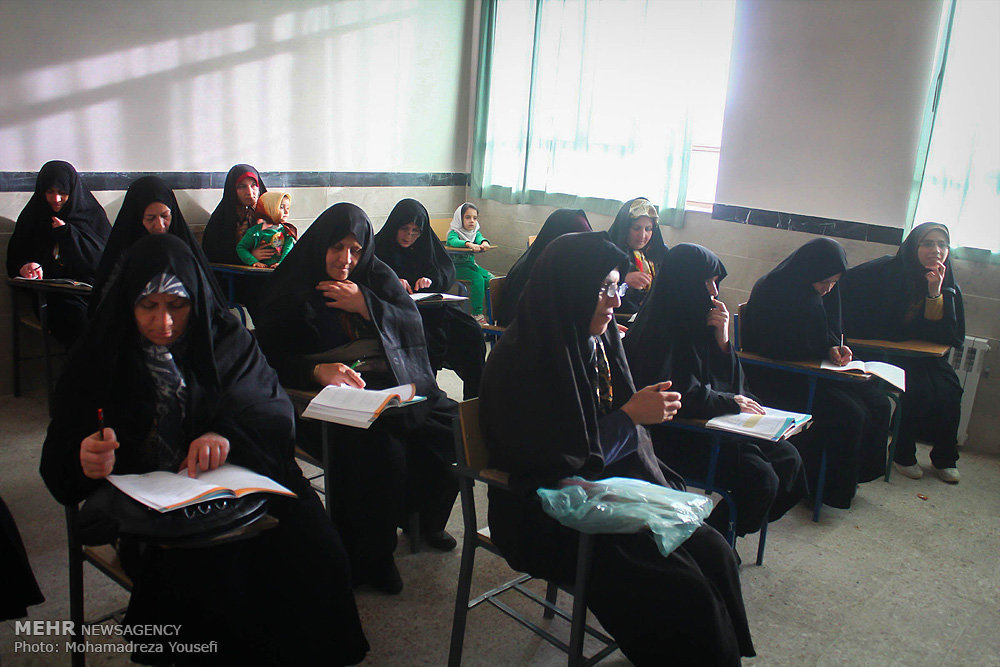Literacy is a right and a means of gaining other rights

TEHRAN — Literacy, a benchmark for social and economic progress, is a right and a channel for achieving other rights.
Literacy empowers individuals, families, communities, and the whole nation.
With a goal of eradicating illiteracy from Iran, Literacy Movement Organization was established in the country as per an order issued by Imam Khomeini, the founder of the Islamic Republic of Iran and the leader of the Iranian Revolution, on December 28, 1979.
The organization aims to eradicate illiteracy by educating illiterate adults and also children who don’t have access to decent education facilities particularly in underprivileged areas.
While Knowledge occupies a significant position within Islam, as evidenced by numerous references to it in Islam's most revered book, the holy Quran, learning and education was a privilege granted to aristocrats in the past in Iran.
However, as revealed by official figures released by the Statistical Center of Iran over the past few years literacy rate in Iran have increased. The figures which are published in March 2017, indicate that some 87.6 percent of the Iranian population aging over 6 are literate. The number reflects a 2.8-rise compared to the 2011 census results.
Despite the rise still some 5.8 million people are purely illiterate and 11 million are functionally illiterate.
Compared to the years 1956 with only 15 percent of the population being literate in the country the organization have made a huge improvement but there is still a long way to achieve the zero illiteracy.
Literacy empowers us
In a general sense literacy empower individuals and as a result the whole nation. Literacy improves self-esteem and confidence, inspires creativity and critical thinking.
By effecting and accelerating cultural transformation literacy would help nations to combat and eliminate widespread discriminations.
Moreover, improving literacy levels also has potentially large health benefits, such as increased life expectancy, reduced child mortality, improved health, etc.
Illiteracy traps us in poverty
Education has been consistently shown to be a major determinant of individual income, alongside professional experience.
Nearly a billion people are unable to read a book or sign their names worldwide and two thirds of them are women. And they will live, as now, in more desperate poverty and poorer health than those who can.
Illiterate adults face serious employability issues, given their low level of knowledge and expertise. This is attributable to a lack of formal schooling, caused either by an early departure from school to enter the labor market or the loss over time of the ability to read and write.
In addition, illiterate persons have little awareness of their rights and duties, and may thus be inclined to accept precarious, low-quality employment contracts.
According the United Nations Educational, Scientific and Cultural Organization (UNESCO) this increases the likelihood of remaining in poverty. Completion of 12 years of schooling provides an 80% chance of earning an income high enough to escape poverty.
Moreover, adult illiteracy not only affects income and awareness of rights, but also leads to poor nutrition and health, due to illiterates’ lack of knowledge regarding their own health and hygiene and that of their families.
Having said that, while no one can deny the effectiveness of schooling since early childhood, investing on adult programs, like the one that has been conducted in Iran for about 40 years, is also a worthwhile cause.
MQ/M
Leave a Comment